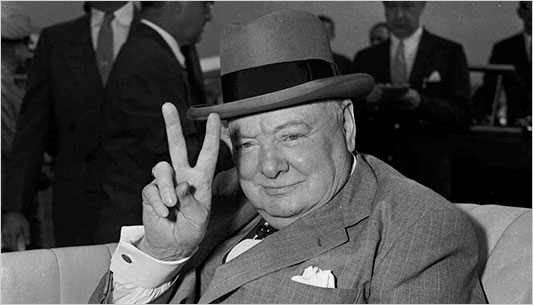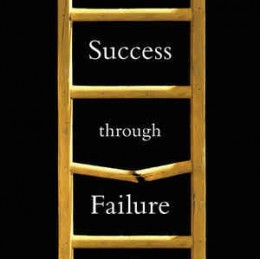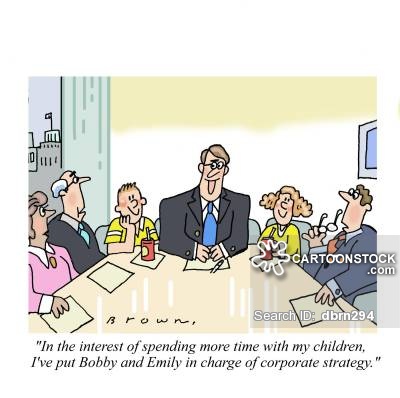As a family enterprise navigates it’s way through succession, there will be a time when a family owner no longer works for the business. This creates potential issues. The most obvious is the differences of view potentially between salaries to family members and dividends to owners of shares. In many enterprises, the line between dividends and salary as compensation to owners becomes blurred. The other softer issue is around transparency and the performance and reporting by the business.
In setting salaries and dividends, an enterprise is best to establish expectations for its family members, whether as owners, employees or both. The quantum of salary should be fair value for the work performed (best practice). Dividends are intended generally to provide a rate of return to the shareholders.
However, many businesses prefer to retain earnings because the reinvestment of those earnings often provides a greater rate of return than the return a shareholder could earn from investing the dividends paid. As an example Berkshire Hathaway, Warren Buffett’s company has never paid a dividend.
Some leading practices in compensating owners:
– dividend policy: write it down, codify the policy in the shareholders’ agreement and communicate the policy so shareholders’ can better understand the policy
– improve owners’ financial literacy: undertake a program to educate the owners so they can understand the operations, even if at a rudimentary level
– owners’ meetings regular: schedule owners’ meetings to improve transparency and communication about the business, especially so to engage non-active family owners
Hope this helps in your work with you family owners of the family enterprise.
Learn, think, apply!











Recent Comments